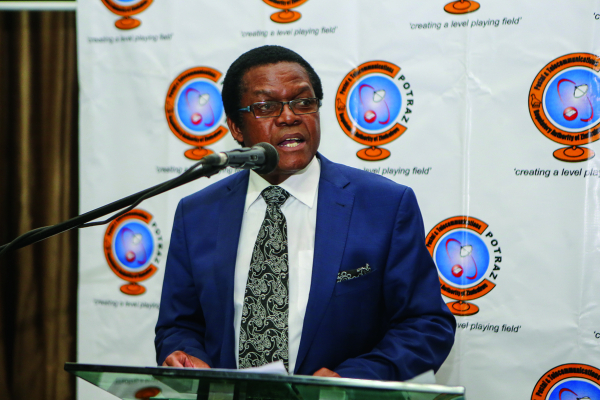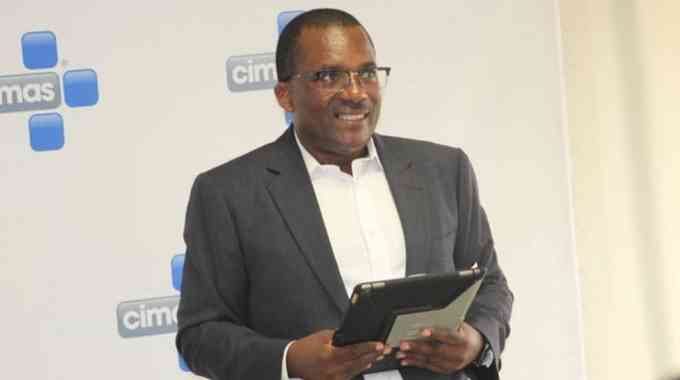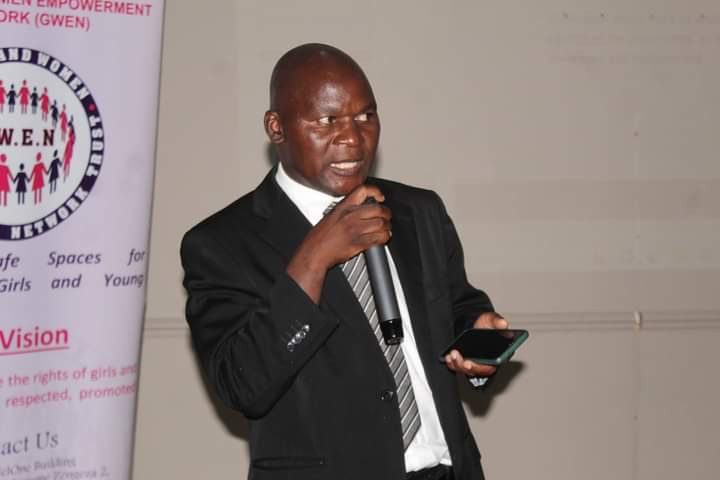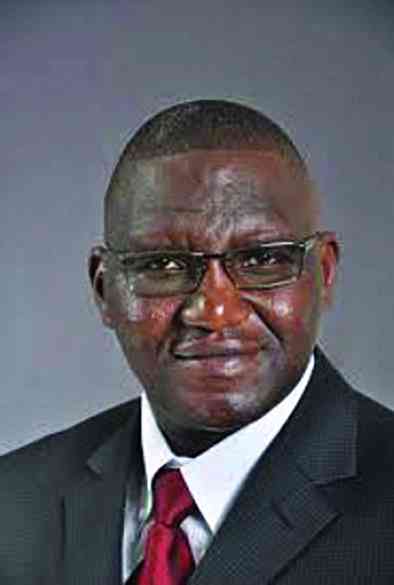
BY WINSTONE ANTONIO
THE Postal and Telecommunications Regulatory Authority of Zimbabwe (Potraz) has given telecom operators the nod to increase out-of-bundle tariffs by an average of 30% as the industry continues to battle rising input costs.
State-owned mobile network operator NetOne was the first to adjust its charges on Sunday, while Econet Wireless Zimbabwe and TelOne have indicated that they will adjust their headline tariffs tomorrow.
Zimbabwe’s telcos have been marginally adjusting prices for promotional bundles, but headline tariffs had not been reviewed since September 2020, despite a general rise in prices of goods and services over the past 12 months.
Information Communication and Technology (ICT) minister Jenfan Muswere recently told Parliament that the telecommunications sector was struggling to secure the much-needed foreign currency from the Reserve Bank of Zimbabwe (RBZ) auction system.
He said the sector needed foreign currency for infrastructure investment, capital expenditure and servicing rising external debt, which has soared to over US$1 billion across the industry.
“The foreign currency requirements of these companies is so huge that it cannot fully be obtained through the auction system,” Muswere said.
The industry’s latest price schedules reveal that NetOne’s 10 gigabyte (GB) now costs $2 500, up from $2 000, while 25GB of data has been pegged at $4 250, up from $3 500. A 50GB data package now costs $6 250, up from $5 000.
- Chamisa under fire over US$120K donation
- Mavhunga puts DeMbare into Chibuku quarterfinals
- Pension funds bet on Cabora Bassa oilfields
- Councils defy govt fire tender directive
Keep Reading
TelOne’s new voice tariffs for landline-to-landline calls have been reviewed upwards to $6,34 per minute for local calls, while landline-to-mobile tariffs are now going for $7,38 per minute.
The State-owned (TelOne’s) fixed network provider’s 10GB residential broadband bundle price has risen from $1 082 to $1 499, and a 20GB bundle for corporate use now costs $2 698, up from $1 948.
Zimbabwe’s largest mobile network operator Econet Wireless, also adjusted its voice bundles from $0,1070 per second to $0,1668, and SMSes have been reviewed to $2,05 up from $1,64.
The company’s data bundles have been increased to $1,58 per megabyte (MB), up from $1,26 per MB.
Potraz director-general Gift Machengete recently said the country’s telecommunications operators needed heavy capital investments in order to remain relevant, especially at a time when demand for ICTs surged due to the COVID-19 pandemic.
Machengete further indicated that foreign currency shortages were having a significant impact on the sector, and urged government to find ways of helping the sector.
“The shift to the auction-based foreign currency market system seemingly eased inflationary pressures, but did not eliminate them completely as prices for goods and services, including fuel and energy, continued to be adjusted in line with the dynamics of the new exchange rate regime,” he said in the latest industry report.
Machengete said forex shortages had implications on network expansion, upgrade and maintenance, took a toll on the quality of services as demand for data surged.
He said foreign currency constraints also affected universal service projects targeted for rural and underserved areas.
Follow Winstone on Twitter @widzoanto










